
Metropolis, 1927
Dir: Fritz Lang
September 30, 2009
Yeah, yeah. Chalk this one up for another film that I am supposed to have seen that I've only gotten to now. I wish someone would've let me known what I was going to be in for because this is one of the most insane films I have ever seen. That doesn't make it good or bad, in fact I think it is somewhere in the middle, but it's just one big theatrical nut-house.
I'm not even sure where to begin. The modern utopia and "The Club of the Sons;" the oppressed workers and the underground city; the christian metaphors; machine vs. man; it's all so over the place. The story basically is about an ultra-modern city, Metropolis, that is built around the myth of the Tower of Babel, and that leads us to the way the people are divided there: the elite "thinkers" who live above ground and run the city and the "workers" who live below ground and keep the machines functioning. The original idea man and seeming ruler of Metropolis, Joh Federsen (Alfred Abel), has a young, care-free son Feder (Gustav Fröhlich), who suddenly becomes obsessed with a young woman, Maria (Brigitte Helm), who is idolized by the workers for her message of peace and her insistence that someone is coming to end their plight. The film is basically about Feder's need to find Maria, the social problems that surrounds them in the city, and his changing attitudes about the way of life that is accepted in Metropolis.


The contrast of party-going elite with the down-trodden workers of course works in its way, but that explains nothing about mad scientist Rotwang (Rudolf Klein-Rogge), who is seemingly just thrown in there as a third force in the city. His place in the film is hard to figure out; of course, he creates the machine-man in hopes of getting it to look like his lost love, Hel, who was Joh's wife and Feder's mother. Joh, seeing a way to subvert Maria's actions, tells Rotwang to make it look like Maria. Apart from that, he seems all about modern progression with his Frankenstein laboratory, and yet his medieval house, which is in the middle of Metropolis, has pentagrams and stars all over it. I was trying to figure out how this contrasted to the Christian metaphors and symbols that are seen throughout the film, usually with Maria, or if the contradiction was saying something about Rotwang's nature, but it's hard to say for sure. They have two confrontations, a pretty awesome one in the catacombs deep under the city where the expressionistic lighting and camera work out-do the gross over acting, and then the one at the end, where Maria is chased by a coming-out-of nowhere Rotwang, seemingly driven even more mad by the loss of his new "Hel." Human love over machine coldness? That is probably what is trying to be said, with all the other stuff that comes together at the end, but it's all a little too sappy for me if that's the case. While I would generally say that a character whose moral compass in hard to figure out is awesome, Rotwang is pretty retarded.

It's pretty easy to understand why this was the most expensive silent film that had yet been made, and its epic scale is certainly admirable. It's still really easy to be impressed by the special effects even now, and taken into context it's pretty jaw-dropping. The expressionist lighting, the art-deco art design, and multiple camera tricks show a director who was willing to try new things with the look of his film. While not as visually bold as Murnau, Lang still impressed me with the technical feel of the film. The scene where all the rich dandies are ogling robot Maria as she "dances" for them, juxtaposed with all the quick cuts of close-ups on eyes super-imposed on one another, is really effective, and also really funny, though I'm not sure if it's supposed to be.

As I said, parts of the film are lost, but I'm not really sure if they would make this a great film. I understand the important value the film holds, but I can't really see myself ever really liking it. M (1931) is a way better Lang film, where here he only seems like a German Cecile B. DeMille, and even he had a hard time liking this in his later life. This may be in part for some of the reasons that I give above, and partly because his wife at the time and co-writer Thea von Harbou became an ardent Nazi (which may account for the occult stuff), and they in turn became fascinated with the film (there are obvious parts that would have appealed to them). The stunning technical work is probably the only reason to see this, because under that is just the bare bones of a silly, silly film.




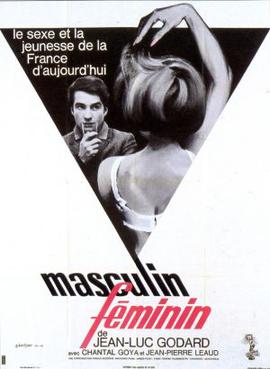













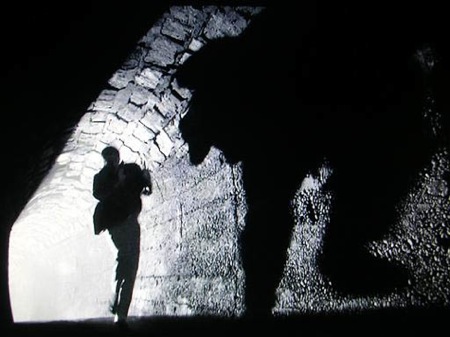


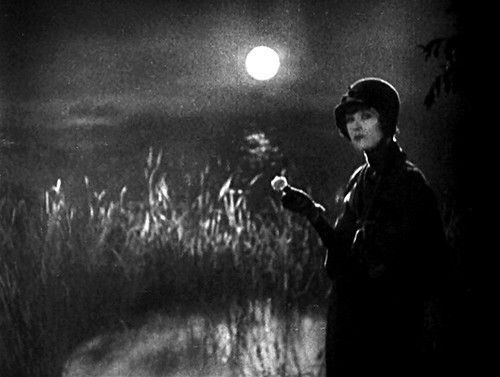


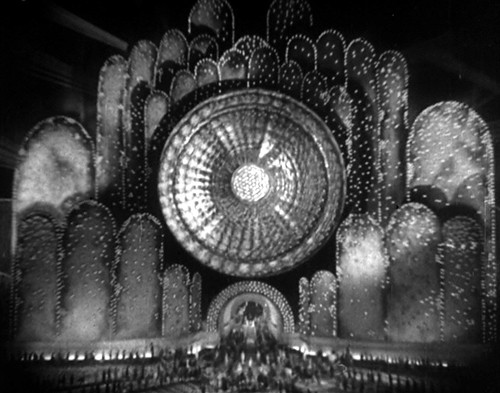

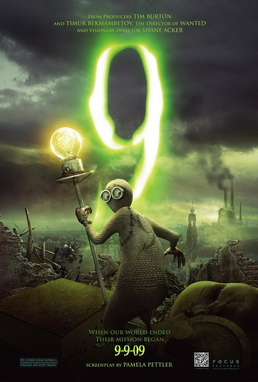





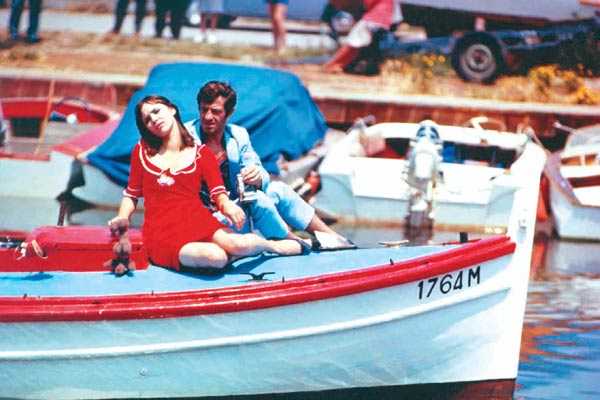




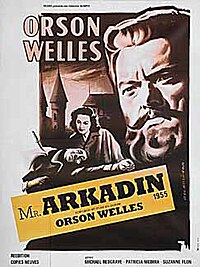






So what happened back then? Well, Polanski offered this girl a Quaalude at a party and she took it. She described everything, even including what the pillbox looked like. She also said that they drank champagne together. After they had gotten into the hot tub, she got out, and repeatedly told him that she wanted to go home. He didn’t take her home, and started performing “cuddliness” (lol, her word in court) on her. She told him to stop. Then they started having intercourse. Again she told him to stop. He asked her if she was on the pill, she said no. And then he decided that he better play it safe and put it in her butt.I don't know why I never looked it up before, but I had no idea Roman went back door. Real "smart" dude. Just like raping a 13 yr. old at Jack Nicholson's house.
If you watch the documentary that came out recently, you realize there was a lot of other stuff going on (the crazy mom who basically pimped her daughter out, a media-obsessed judge looking to make a name for himself by putting away a big-time director for a long time, ect.). It's true these things happened, and the mother is a garbage-bin of a human being, but he still raped a woman, regardless of her age (which makes it worse).
The one good thing that might come out of this is that after serving his time (if and when he gets extradited) he might be able to work in the US again, but I won't hold my breath. Sometimes you have to separate the man from his art.